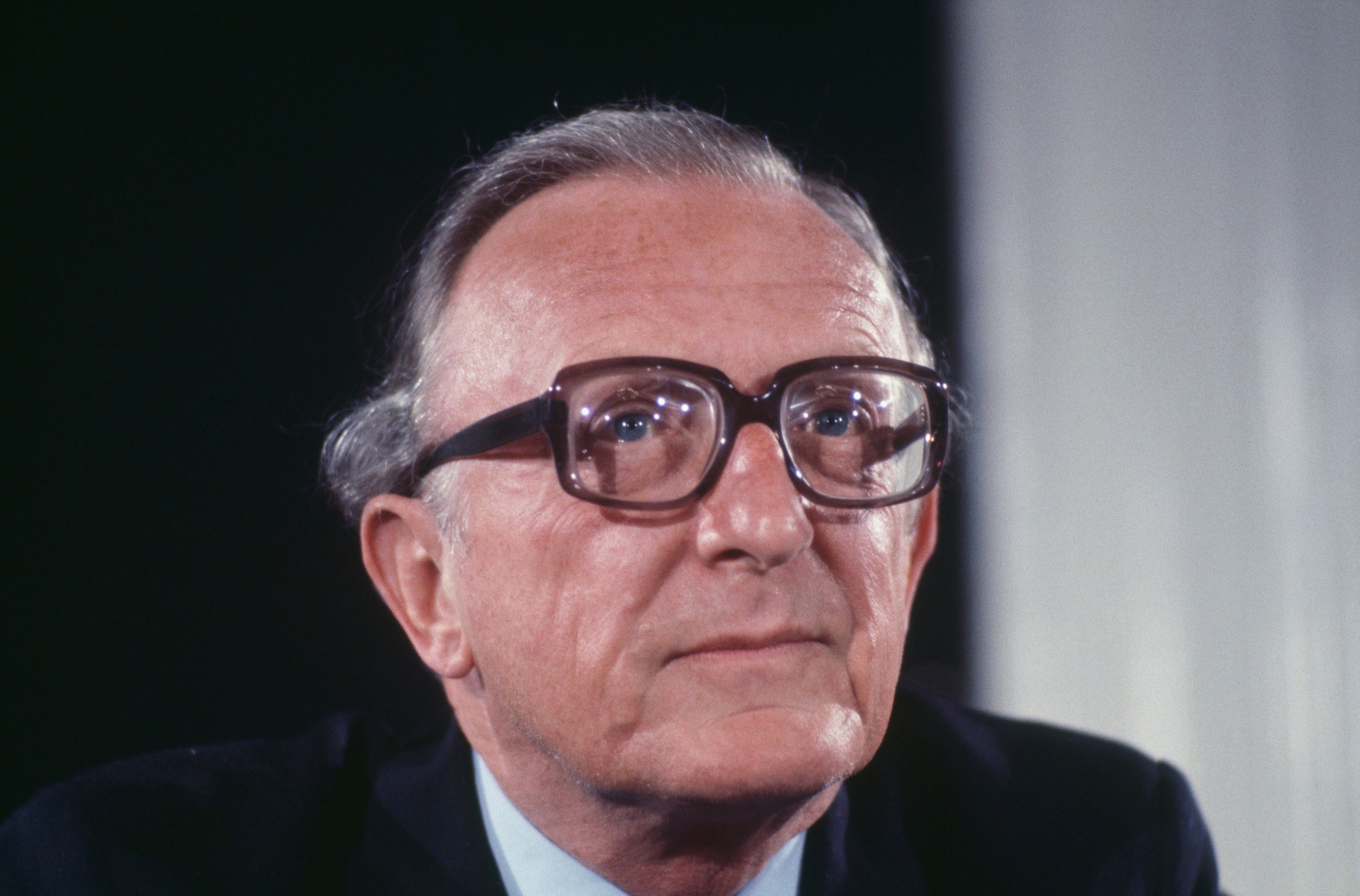Lord Carrington dies: Former Foreign Secretary who resigned over Falklands dead aged 99
Hereditary peer was the last surviving member of Winston Churchill’s government of the 1950s

Tory grandee Lord Carrington, who famously resigned as foreign secretary to take responsibility for the invasion of the Falklands, has died at the age of 99.
The hereditary peer was the last surviving member of Winston Churchill’s government of the 1950s and was also a former defence secretary.
Lord Carrington was Margaret Thatcher’s foreign secretary in 1982 when Argentina invaded the Falklands Islands, a British overseas territory in the South Atlantic.
He is remembered for believing the collective failure of the Foreign Office to foresee the disastrous blow to British prestige required him to leave the government.
David Cameron was quick to lead the tributes, tweeting: “Peter Carrington was a lovely man and a great public servant.
“It was a huge honour having him to Chequers and listening to his stories of working with every Conservative leader from Winston Churchill onwards. Kindness and brilliance in equal measure; he'll be deeply missed.”
And David Lidington, Theresa May’s effective deputy, said: “His career was given to public service. My deep sympathy to his family.”
Born in 1919, Peter Carington - the family name, unlike the title, had only one “r” - was educated at Eton and the Royal Military Academy at Sandhurst.
He served in the Grenadier Guards during the Second World War, where he reached the rank of major and was awarded the Military Cross.
After turning to politics, he was appointed high commissioner to Australia in 1956, a post he held for three years before returning to Britain and an appointment as first lord of the Admiralty under Harold MacMillan.
As defence secretary under Edward Heath, he supported Britain’s entry into the then-European Economic Community, as a way to avoid future conflicts in Europe.
As foreign secretary after 1979, his first major task was to end the guerrilla war against Ian Smith's government in Rhodesia and pave the way for multi-racial elections.
The Lancaster House talks, which he chaired in 1979, brought the various parties together and led to the creation of Zimbabwe.
Join our commenting forum
Join thought-provoking conversations, follow other Independent readers and see their replies
Comments